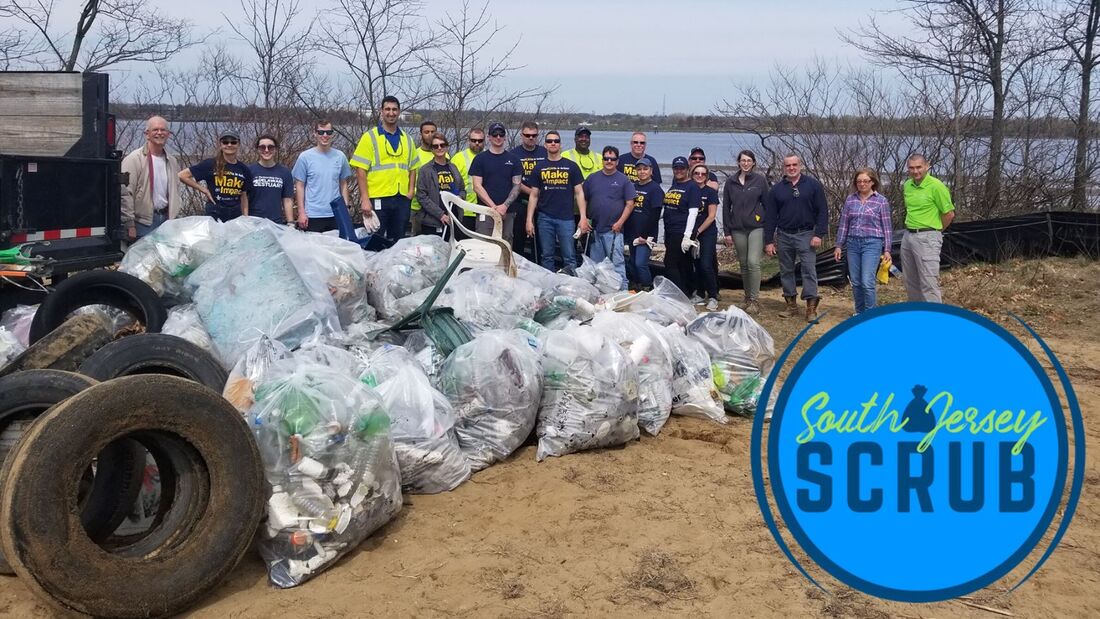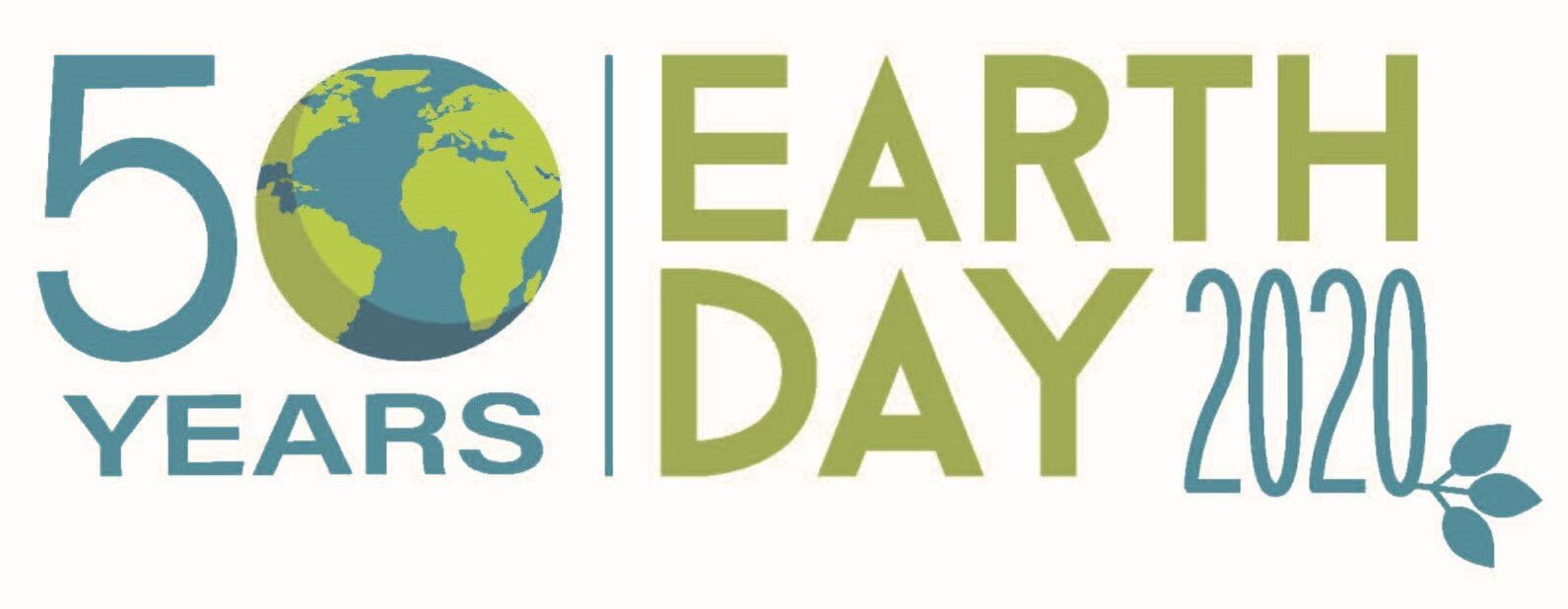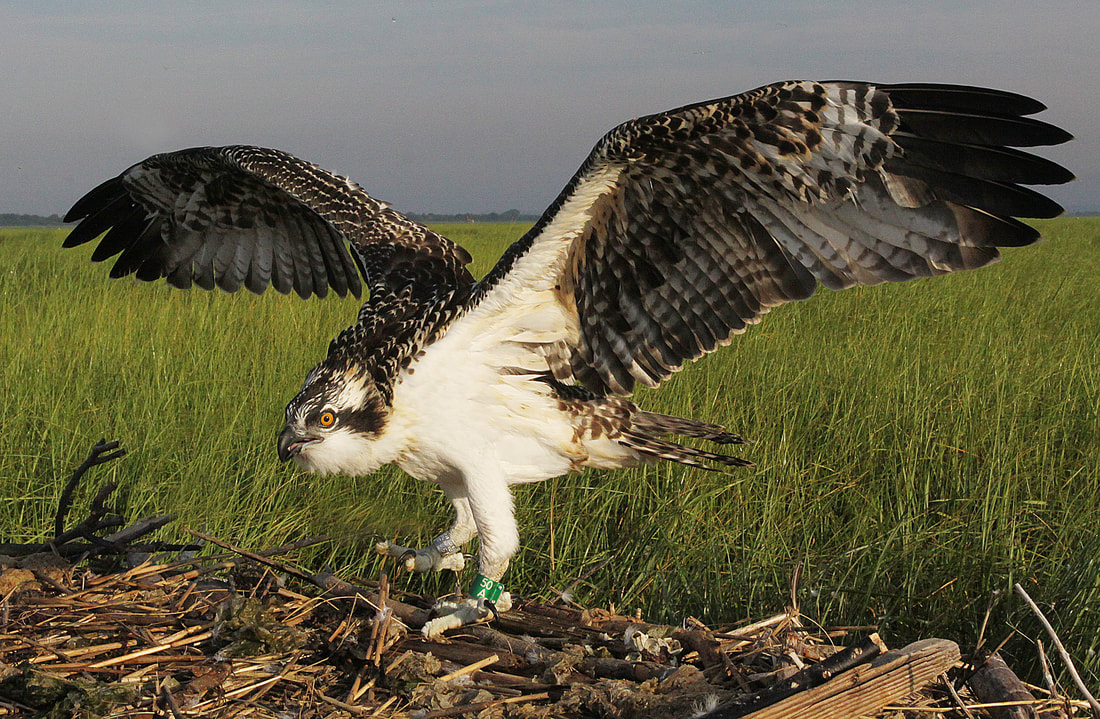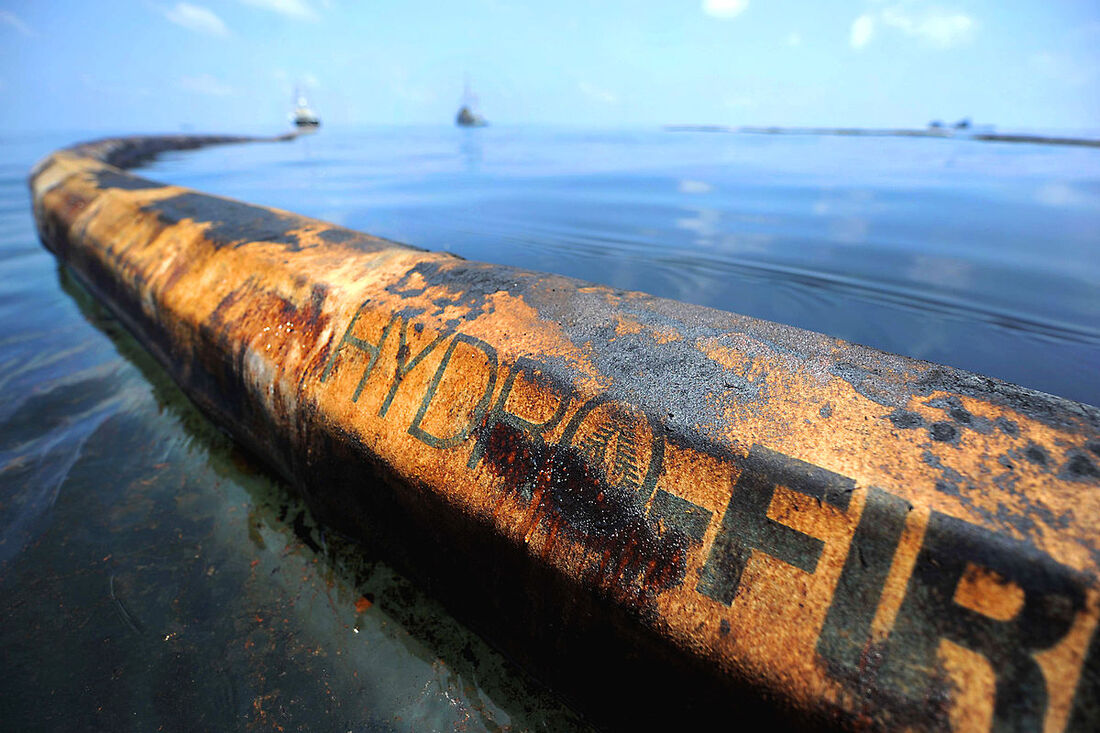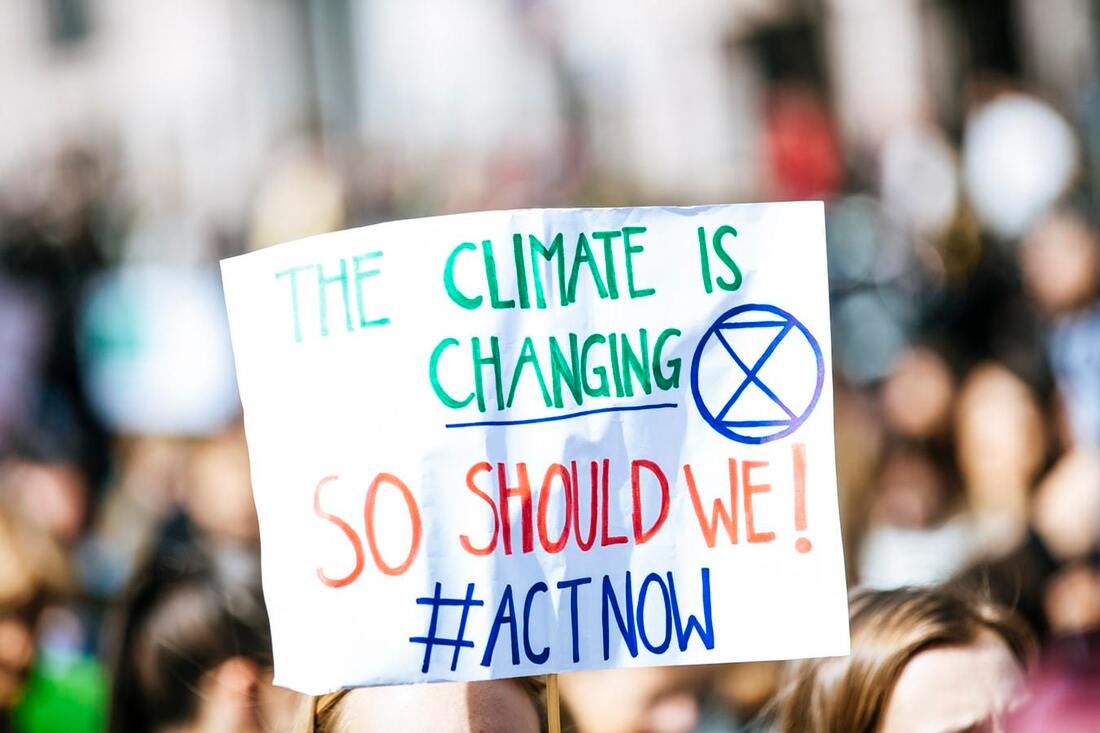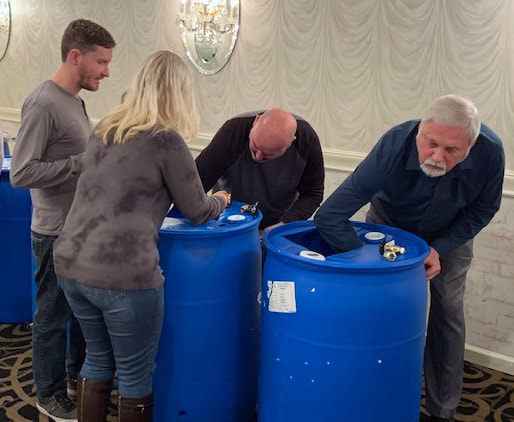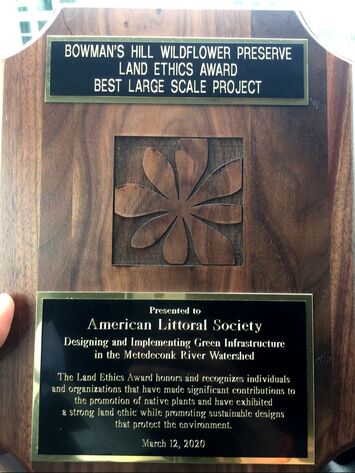 The Bowman’s Hill Wildflower Preserve Land Ethics Award for Best Overall Project was presented to the American Littoral Society on March 12. The award was presented for the design and implementation of green infrastructure in the Metedeconk River Watershed. Located in New Hope, PA, Bowman’s Hill Wildflower Preserve inspires the appreciation and use of native plants by serving as a sanctuary and an educational resource for conservation stewards. The Land Ethics awards honors and recognizes individuals and organizations that have made significant contributions to the promotion of native plants and have exhibited a strong land ethic while promoting sustainable designs that protect the environment. Although South Jersey Scrub events are canceled, the cleanup can continue.
South Jersey Scrub is a partnership of 20 government, private, and non-profit organizations and agencies in southern New Jersey. Scrub cleanups were scheduled to take place from March 28 through April 26. However, this year, due to concerns about the spread of the COVID-19 illness, many of those activities are being canceled. As a result, the Scrub event scheduled by the Littoral Society for Saturday, April 28 at Bridgeton City Park has been called off. However, Scrub organizers are encouraging people to keep up the work by taking part in the 30 on Thursday program, which involves spending 30 minutes every Thursday on beautifying your area. The 50th anniversary of Earth Day takes place on April 22 this year. On that day in 1970 over 20 million people joined together to advocate for a clean environment and demand that politicians pass laws to protect the air we breathe and the water we drink.
South Jersey Water Savers aims to mark the occasion by helping to install 50 new rain gardens this year. South Jersey Water Savers is a partnership of the American Littoral Society and eight other organizations, under the umbrella of the William Penn Foundation's Delaware River Watershed Initiative. The effort’s goal is protect the Kirkwood-Cohansey Aquifer – South Jersey’s primary source of water. The result was the passage of key amendments to the Clean Air Act in 1970, the passage of the Federal Clean Water Act in 1972, and the passage of the Endangered Species Act in 1973. These laws became the foundation for restoring and protecting the environment in the US. The Clean Water Act called for the waters of United States to be fishable and swimmable by mid-1983 and for zero discharge of pollutants into our waterways by 1985. Fifty years after the passage of the Clean Water Act, we are still struggling to accomplish these goals. Over the last 50 years we have worked hard to force the federal, state, and local governments to enforce these laws to prevent industry and developers from overstepping their bounds. While we have made progress, it is still not enough. Spring is here, on paper anyway. The virus has put a damper on what is generally the most beautiful time of year.
I’m fortunate that I live next to a 9,000+ acre park called the Jamaica Bay Wildlife Refuge and get out on nice days to observe the advance of spring. Social distancing is a cinch alone on a boat in the middle of a big bay. One of the earliest flowers to bloom is the periwinkle (Vinca minor), although it is not native – but hey, it’s NYC! It grows as a carpet on the ground and adds nice color to the refuge trail sides in mid-March. Red maple trees are flowering now and soon the shadbush will follow. Last month, the Trump Administration proposed changes to the National Environmental Policy Act (NEPA) under the guise of streamlining federal infrastructure projects. In reality, this proposal could make it easier for projects harmful to our ocean - like offshore drilling and seismic blasting - to be approved with little review for minimizing impacts to ocean habitat and marine wildlife. Not only that, but the new rules could also allow dirty fossil fuel projects, such as pipelines and coal fired power plants, to proceed because new environmental reviews could minimize and put off whether the project would contribute to climate change.
This sham effort to “expedite” environmental review of proposed federal projects is really just a way to ignore science, rubber stamp projects that will damage our ocean, and further fuel our rapidly warming climate. With New Jersey’s seas rising twice as fast as global mean sea level, New Jersey does not have the luxury to sit back and watch the Trump Administration dismantle crucial environmental safeguards like NEPA. Not only does NEPA require robust environmental review of proposed federal projects, but it also invites and encourages the public’s voice. Yet this proposal would ironically minimize the opportunities for the public to express our concerns during the reviews of proposed projects. The world’s population is expected to grow to nearly 10 billion people by 2050, with the majority of the population residing in urban areas. As a result, energy demand will increase exponentially, placing a massive responsibility on energy sectors and investors to harness energy sources that can service the increased demand without further contributing to climate change. Before considering what a sustainable energy future looks like, let’s explore the avenues where we are currently sourcing our energy from.
Worldwide, 65 to 70 percent of our energy comes from fossil fuels like coal, gas, and oil. Almost 20 percent come from renewable sources like solar, wind, and hydropower. 13 to 15 percent is generated from nuclear fission and the remainder is sourced from other forms like geothermal or biomass. Each of these sources present an array of benefits and drawbacks regarding cost, waste, and environmental impacts. The American Littoral Society has been working on a great project in partnership with the Vineland Rotary Club and Chamber of Commerce. We’d love to share our progress so far!
Rotary, the Chamber, and the NJ Department of Environmental Protection (DEP) have joined us in creating a rain barrel painting competition between the elementary schools in Vineland, NJ. The competition serves as a way to get the kids working together on a project, promotes rain barrels as a way to save water outdoors, and serves as a teaching tool for the concept of water conservation. The first step was to gather the supplies and put the barrels together. The Littoral Society and DEP provided the barrels, while Ace Plumbing in Vineland generously donated the other supplies. Then the Rotarians put everything together at during a meeting. 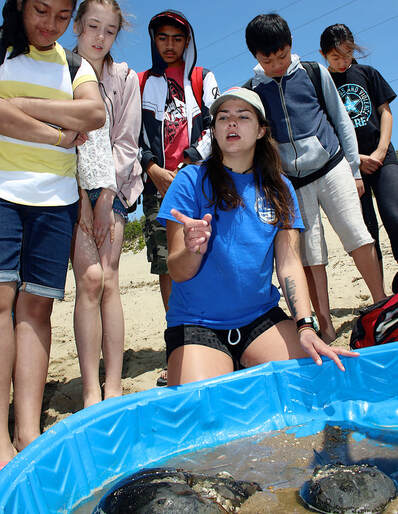 UPDATE: Monday, March 23 The American Littoral Society will be postponing or canceling scheduled public events for the indefinite future based on public health advisories from the states and US Centers for Disease Control. We are looking forward to resuming our walks, workshops and other activities when that is safe. Please stay safe and healthy. We look forward to seeing you again when circumstances allow. UPDATE: March 16, Noon The National Park Service has asked that we cancel all our public events on Sandy Hook through March 29, and that we restrict public access to Littoral Society HQ, which is Building 18 on Officers Row in Gateway National Recreation Area's Sandy Hook Unit. Please check the calendar on our website for the status of any events we have scheduled. If you have already registered for an upcoming event, we will send out notices if cancellation is required. ---- The rapidly developing situation with COVID-19 in our region demands a cautious response to protect the public welfare and to ensure that participants in American Littoral Society events enjoy themselves and are safe. We care about the coast, and we care about all of you who live or visit here, as well as those who share our fascination with marine life and their habitats. As a result, we are going to postpone a few of our events in the coming week, and our staff will be taking steps to care for themselves which will keep them out of our offices. We do not take this decision lightly but see it as part of our responsibility to care for our membership and the public. We will be determining whether to conduct upcoming Littoral Society walks, events and activities on a week-to-week basis. Since there is still a month before our 5th Annual Lobster Run, we are moving forward in the hope that we will be able to host that event in Asbury Park on April 18. However, we are also working on a contingency plans in case of a future cancellation. Stay tuned to our website and social media for updates. |
Archives
July 2024
Categories
All
|

